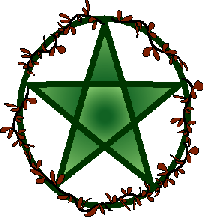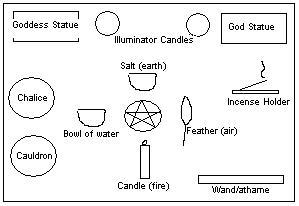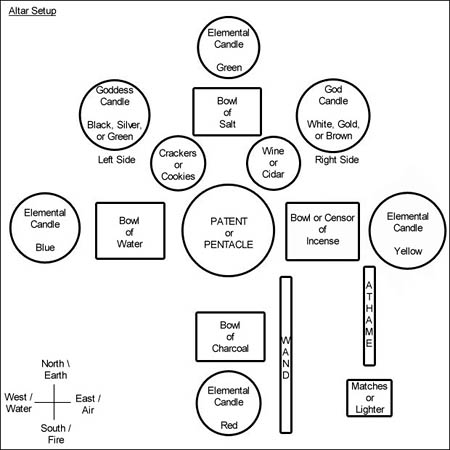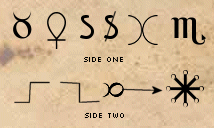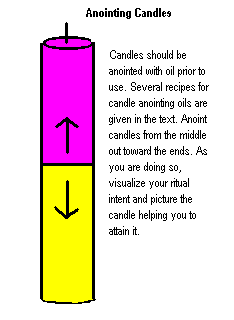

 |
|
|
||||||||||
|
|
|
|
||||||||
|
Each culture has its own particular body of concepts dealing
with magic, religion, benevolent and harmful spirits, and ritual; and these ideas do not find obvious equivalents in other cultures. Sometimes witchcraft is used to refer, broadly, to the practice
of magic, and has a connotation similar to sorcery. Depending on the values of the community, witchcraft in this
sense may be regarded with varying degrees of suspicion and hostility, or with ambivalence, being neither intrinsically good
nor evil. Members of some religions have applied the term witchcraft in a pejorative sense to refer to all magical or ritual
practices other than those sanctioned by their own doctrines, though this has become less common, at least in the Western world. According to some religious doctrines, all forms of magic are labeled witchcraft, and are either proscribed
or treated as superstitious. Such religions consider their own ritual practices to be not
at all magical, but rather simply variations of prayer. Witchcraft is also used to refer, narrowly, to the practice
of magic in an exclusively inimical sense. If the community accepts magical practice in general, then there is typically a
clear separation between witches (in this sense) and the terms used to describe legitimate practitioners. This use of the
term is most often found in accusations against individuals who are suspected of causing harm in the community by way of supernatural
means. Belief in witches of this sort has been common among most of the indigenous populations of the world, including Europe, Africa, Asia and the Americas. On occasion such accusations have led to witch hunts. Under the monotheistic religions of the Levant (primarily Judaism, Christianity, and Islam), witchcraft came to be associated with heresy, rising to a fever pitch among the Catholics, Protestants, and secular leadership of the European Late Medieval/Early Modern period. Throughout this time, the concept of witchcraft came
increasingly to be interpreted as a form of Devil worship. Accusations of witchcraft were frequently combined with other
charges of heresy against such groups as the Cathars and Waldensians. In the modern Western world, witchcraft accusations have often
accompanied the Satanic Ritual Abuse hysteria. Such accusations are a counterpart to blood libel of various kinds, which may be found throughout history across
the globe. Recently, witchcraft has begun to take on a distinctly positive
connotation among Wiccans and other Neopagans as the ritual element of their religious beliefs. A great deal of confusion and conflict has arisen from attempts
by one group or another to canonize their particular definition of the term. Wicca is a Neopagan religion and a religious movement found in many different countries, though most commonly in English-speaking
cultures. Wicca was first publicised in 1954 by a British civil servant named Gerald Gardner[1] after the British Witchcraft Act was repealed. He claimed that the religion, of which he was an
initiate, was a modern survival of an old witch cult, which had existed in secret for hundreds of years, originating
in the pre-Christian Paganism of Europe. Wicca is thus sometimes referred to as the Old Religion. The
veracity of Gardner's claims cannot be independently proven, and it is thought that Wiccan theology began to be compiled no
earlier than the 1920s. Various related Wiccan traditions have since evolved, or been adapted from, the form established
by Gardner, which came to be called Gardnerian Wicca. These other traditions of Wicca each have specific beliefs,
rituals, and practices. Most traditions of Wicca remain secretive and require members to be initiated. However, there is a
growing movement of Eclectic or Solitary Wiccans who claim to belong to the religious movement, but do not believe any doctrine or traditional initiation is necessary in order to substantiate
the claim.

fancygens.com |
||
